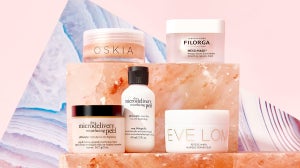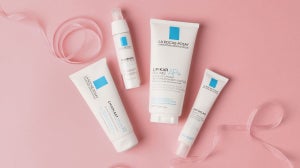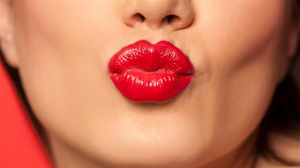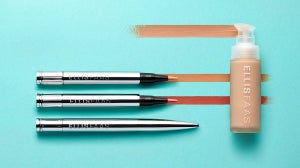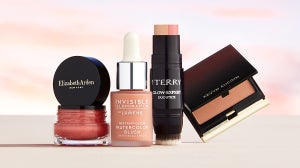
One of the most common questions we receive at Beauty Expert is “what’s the difference between dry and dehydrated skin?” As our resident Pharmacist explains, although tight, dry skin seems to be a common occurrence during the winter months, there is a really big difference between the two types. Knowing the difference between dry and dehydrated skin is really important as it not only helps to determine which skin type you have, it can then influence the type of skincare products you purchase too. Read on to determine your skin type, including the symptoms and tips for keeping your skin healthy and hydrated.
Dry vs. Dehydrated Skin
Essentially dry skin refers to skin that’s lacking in oil, whereas dehydrated skin is characterised by a lack of moisture Stratum Corneum (outermost layer of the skin). Dry skin is a skin type which is often as a result of our genetics. Dehydrated skin however is a skin condition, which means it’s more temporary and more treatable than dry skin. Dehydrated skin is usually caused from external factors like the weather or from the use of harsh soaps, and is basically referring to skin that is moisture deficient. Poor diet, too much caffeine & alcohol, and stripping cleansers are all possible causes of dehydrated skin.
Dehydrated Skin - The Symptoms:
- Sleeping lines or expression lines are apparent

Skin feels tight after cleansing
Skin can be both dry & oily at the same time
Large pores and blackheads with breakouts around the chin or T-zone
Sudden increase in sensitivity
Skin absorbs products quickly
Extreme itching
Tips for treating dehydrated skin:
Use gentle yet effective cleansers that won’t leave your skin feeling tight & try to avoid products that contain alcohol
Drink plenty of water
For moisturisers to work their best, apply them within 3 minutes of stepping out of the bath or shower
Try eating water-rich foods like watermelon & cucumber to help increase your water fluids
Try to avoid alcohol & caffeine which will dehydrate your skin further
Keep a hydrating spray with you at all times
Dry Skin – The Symptoms:
- Skin is dull and lacks oil & shine

Tingling sensation after cleansing
Skin feels tight
Skin has dry patches or redness
Skin is more sensitive to first signs of ageing (first lines of expression)
Make-up generally stays on much longer than those with oily skin
Flakiness
Very easily irritated
Tips for treating Dry Skin:
Adding an oil into your skin regime can help replenish the skin’s lipids
Limit your shower or bath to 5 or 10 minutes and use warm water rather than hot water
Use products that are gentle on the skin and that are fragrance free
Use oils & moisturisers at least once a day
Install a humidifier in your bedroom as this will help to keep the air moist. This should ideally be set to 60%!


